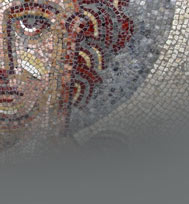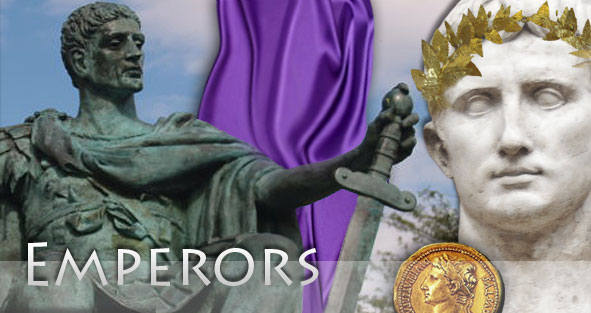


In Ancient Rome Emperors were known by many different names. These names could be integrated with birth given names or completely changed to emulate past rulers in hopes of mirroring the same respect and power. Each name held different meaning and would give an Ancient Roman ruler power, prestige, and honor.
Augustus was the title given to Ancient Roman rulers of the Ancient Roman Republic. The name and title Augustus came after the famous Emperor Julius Caesar. Julius Caesar’s Emperor name was Imperator Gaius Julius Caesar Augustus. It was considered an honor to take the throne in Ancient Rome with the Augustus title. After the death of Julius Caesar, all succeeding Emperors would take his honorable name as part of their title. Julius Caesar was the original Emperor of Ancient Rome that most Emperors aspired to become; however, many failed miserably due to corruption and a lack of self-control. Although Julius Caesar was a highly respected Emperor, a great conspiracy and a successful assassination ended his life. Those that loved and respected him, ensured that the honor of his name was kept alive and used as one of the highest honors, thus Augustus was used by Emperors who wanted to attain this same respect level.
Caesar was the title given to Roman Emperors and originated from Julius Caesar. It is a title of imperial character and was the name for an Ancient Roman dictator. The word Caesar was a hereditary name changed to a title adopted by Rome’s ancient rulers. The title Caesar started in 69 AD during the “Year of the Four Emperors.” The Year of the Four Emperors came from when the Ancient Roman Empire would have four Emperors in one year. These four-Emperors were: Galba, Otho, Vitellius, and Vespasian.
Imperator dates back to the Roman Republic during 508 BC. It is equivalent to the word commander and became part of the titles of the Roman Emperors names. Generally, the name Imperator was used for victorious generals who were Emperors in Ancient Rome. It should be noted that in English the word Emperor comes from Old French Empreur; hence how we get the word Emperor in modern-day English.